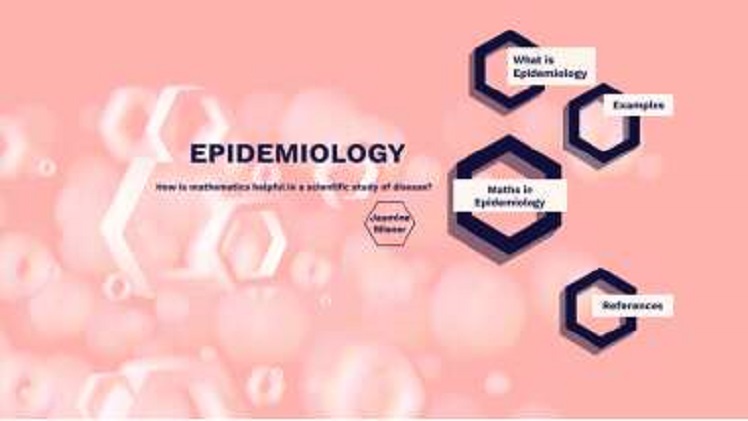In descriptive epidemiology, the researcher asks three basic questions: “When did the event occur?” (the date, time, and place) and “Why did it happen?” This helps the researcher understand the origins of an event and find ways to prevent it in the future. The goal of epidemiology is to create a more accurate picture of how an event spreads. By asking the correct questions, an epidemiologist can improve public health.
The key to the scientific process of epidemiology is the five W’s
The 5 W’s of epidemiology are used to describe various types of events. The five W’s are often synonymous. The purpose of this field is to identify causes and the modes of transmission of diseases, and to develop a rational basis for preventive measures. The definition of an event is also important, as it determines how a community is affected.
Remarks
The 5 W’s are often used as synonyms for the five basic functions of epidemiology. The five W’s encompass who is affected, where it occurred, and how it spreads. The fifth W covers how an event affects the environment. It also includes how the event affects the community. In general, it helps researchers evaluate the best preventive measures for a specific disease. This is the basic approach to the field.

